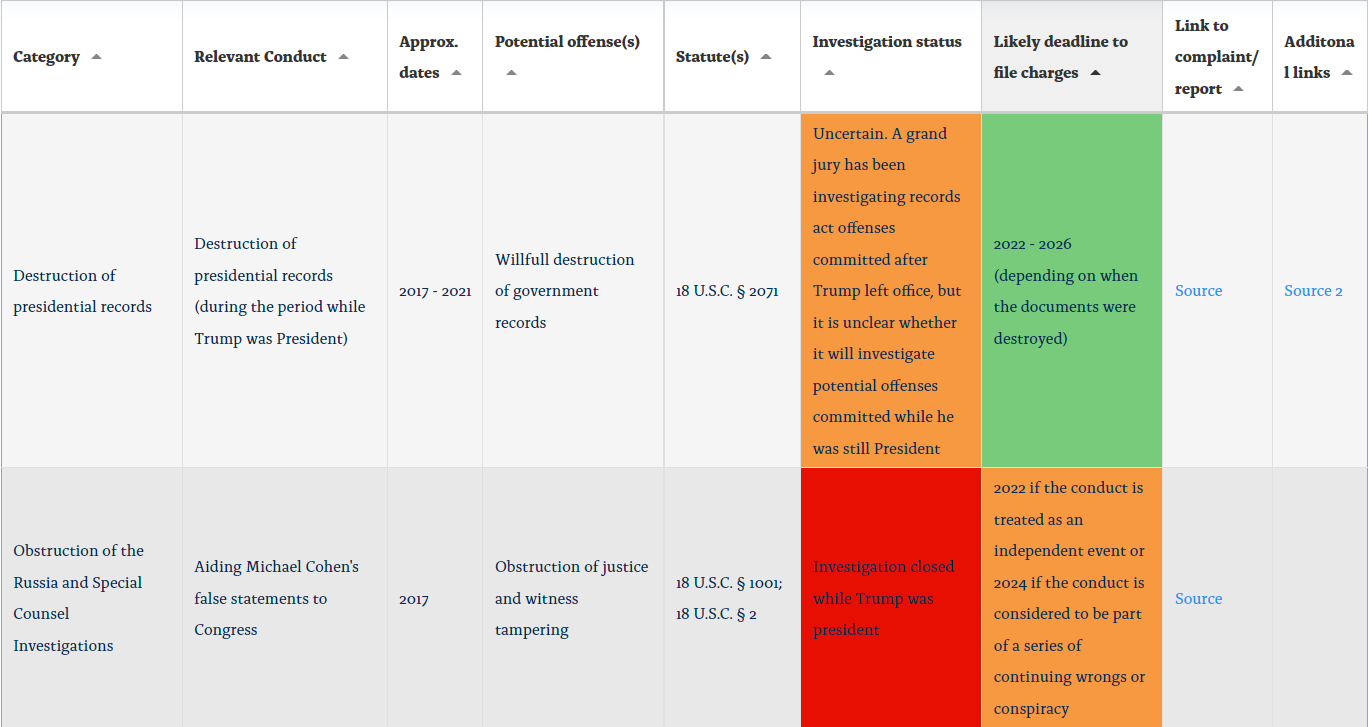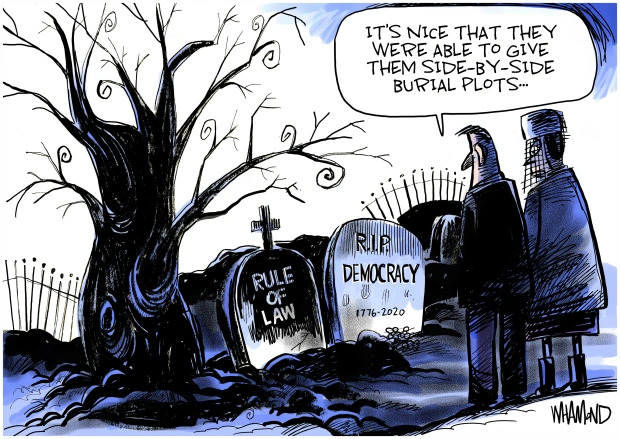-- Sociologist Brooke Harrington commenting on how many very wealthy people see the rule of law
“Well, when the president does it that means that it is not illegal.”
-- President Richard Nixon commenting on the law and the president
In an interview on the NPR program Hidden Brain, sociologist Brooke Harrington discussed her experience as a financial advisor to extremely wealthy people. Harrington took classes to train herself as a financial advisor. In the interview, she noted that her clients generally viewed both the rule of law and government differently than most people understand it. In general, the financial advisor works to maintain secrecy about the scope and amount of the client’s wealth above all other considerations. They deal with family problems such as cutting family members out of the will and hiding assets from a spouse in advance of a divorce.
Other common tasks are minimizing taxes legally (tax avoidance) and hiding assets to illegally avoid paying taxes (tax evasion). She did not state if or how financial advisors avoid criminal liability for their help in tax evasion. She did not state if she participated in tax evasion. Presumably, some financial advisors show the client how to evade taxes and then turns a blind eye to the client when he (it is usually men) commits the crime.
The rule of law
At 13:20 of the interview, Harrington comments that one of the beliefs that very wealthy people tend to share is that the laws do not apply to them: “National boundaries and laws are all optional. Taxes are optional. All forms of law are essentially optional at that level of wealth.”
Government and society
At 14:05-15:50, she elaborated on attitudes toward paying taxes: “Some of them actually do sound a lot like Donald Trump. When I heard Donald Trump say that not paying taxes made him smart and if he had paid his taxes, they would have been wasted anyway. That was like, ‘Yup, he’s the voice of a lot of very wealthy people around the world.’ .... [Other financial advisors that Harrington spoke to said their clients] are very committed to neoliberal ideology and very committed to the idea that these elite clients are doing the world a favor as wealth creators and their initiatives should be protected against governments and what they regard as theft by taxation by incompetent governments that would just waste any money they collected anyways. They also by the way, regard redistribution of collected tax as immoral because it creates dependency on the part of the poor. .... There is a strong component of ideology here. You see it in the wealth management training program. ..... About a quarter of the people I interviewed really seemed to believe quite unironically in the justice of protecting the wealth of their clients from taxation. They literally view taxation as theft, and they view government as incompetent at best and corrupt at worst. They are deeply suspicious of any sort of welfare state programs because they see it as destroying initiative.”
How the humans deal with the sleazeball
It is somewhat reassuring that only about a quarter of financial advisors feel that way. What do the others feel? At 16:25-18:00, Harrington commented about financial advisors who work for clients who cheat on taxes, wives and employees, i.e., sleazeballs: “Well, some of them don't [sleep well at night]. And I think that is one of the reasons we’re seeing a wave of leaks recently. Some people are so troubled by what they are seeing that they just can’t stomach it any longer and they blow the whistle, often with dire personal consequences. About a quarter of the people I interviewed I would characterize as being conscience-stricken about the larger impacts of their work.” She went on to comment that some advisors try to assuage their moral concerns by gently raising the problem with depriving the state of revenues by tax cheating, Those people risk losing clients who do not want to hear such things. Sleazeballs really do not care about people living in poverty.
Harrington is not the only one saying these things
A previous discussion based on the work of historian Nancy MacLean and her 2017 book, Democracy In Chains: The Deep History Of The Radical Right's Stealth Plan For America, focused on the anti-government ideology that drives the modern republican party and populism. That mindset is in accord with how Harrington describes some of the very wealthy: “In the radical right vision, power would flow from the central federal government to authoritarian, oligarchic state governments that are captured by wealthy, powerful capitalists and like-minded individuals. The goal of that form of government is to weaken and then destroy the ability of average citizens, especially minorities to work together to defend their interests using equal protection and due process as their main tool to exert influence. The ultimate goal is to elevate property rights above all other rights, including the rights of people to tax property or otherwise burden it in any way.”Another discussion based on journalist Jane Mayer and her 2017 book, Dark Money: The Hidden History of the Billionaires Behind the Rise of the Radical Right, sees the same thing: “Essentially no one on the right will accept Mayer's version of events or the authoritarian goal of the radical right to neuter the federal government, gut regulations, quash civil rights and install an oligarchy of billionaires with proclivities to kleptocracy and brass knuckles laissez-faire capitalism. The radical right sees very little room for government spending on social safety nets. Those things just increase their tax burden and they vehemently reject it. Whatever social good may come from that safety net spending, just like contrary public opinion, is of no concern whatever to the radical right. This is crowd has no compassion for anything except the oligarchs at the top.”
Obviously, not all wealthy people or corporations feel the same way about the rule of law, government and taxes. The question is, what portion do feel that way? The entire GOP has fallen to this radical anti-government ideology. The GOP is redistributing wealth from the bottom to the top, e.g., the 2017 tax cut law, where some wealthy people and corporations believe it belongs. Harrington’s comments about financial advisors suggest that at most, about 25% of them feel conscience-stricken, leaving the remaining 75% to be in full or partial accord with neoliberal anti-government ideology. Those people are helping to cheat governments worldwide out of trillions of tax dollars. And, where governments are corrupt, it is usually or always the same wealthy anti-government people and companies who are fully participating in and fomenting the corruption. That includes fomenting corruption in the US government.





